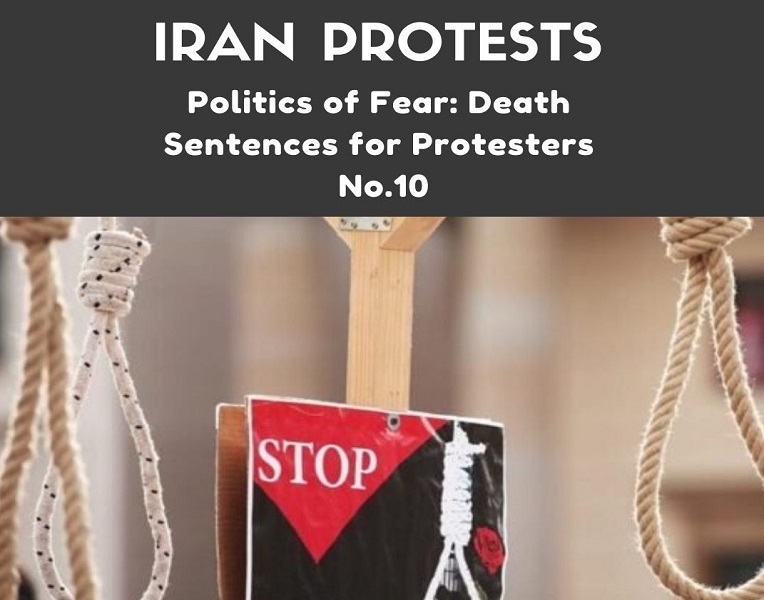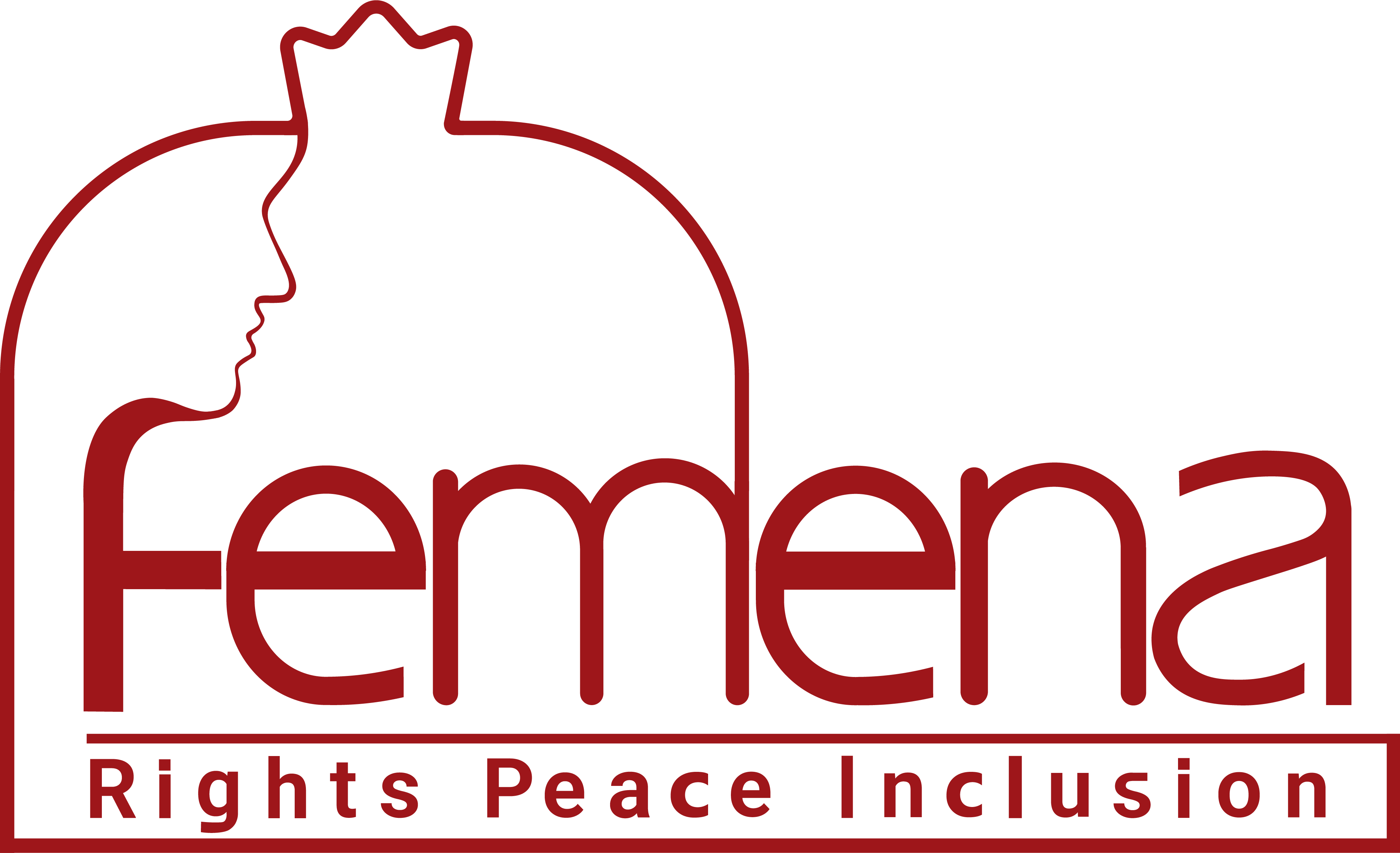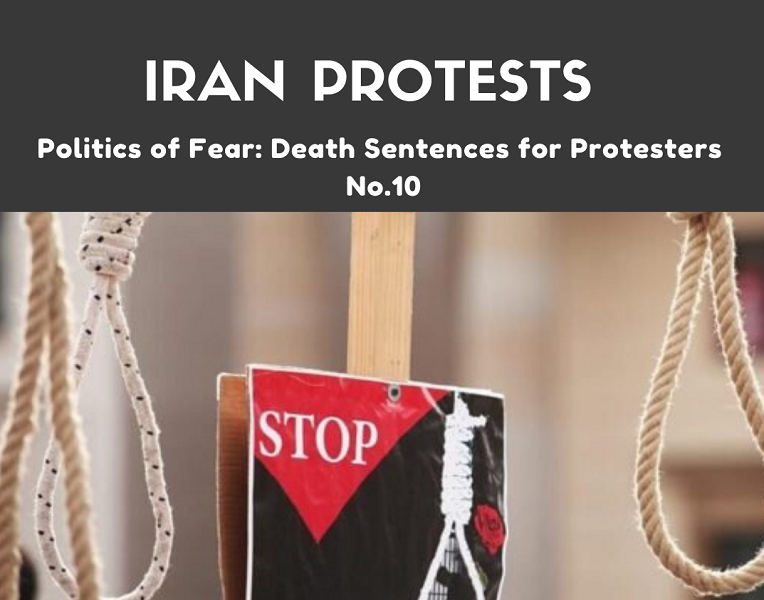
Eight months have passed since the start of widespread demonstrations over Mahsa Jina Amini’s death in the custody of Iran’s morality police. Tens of thousands of protesters have been detained and tried and sentenced to prison on a variety of charges. A number of protesters have faced more serious charges, including charges which could potentially carry the death penalty, while others have actually been sentenced to death.
To date, seven protesters, detained during the Women, Life, Freedom uprising, have been executed. According to human rights groups, at least twelve protesters have been sentenced to death. Verdicts for four of the 12, namely Mehdi Mohammadifard, Javad Rouhi, Mahan Sadrat Marni, and Saman Saidi (also known as Saman Yassin), have been overturned by the Iranian Supreme Court. Out of the remaining eight individuals, Mohammad Qobadlu’s death sentence was once again upheld by the Supreme Court, and seven others are awaiting an appeals ruling for their cases by the Supreme Court. Apart from the execution of those detained during the recent uprising, Iranian authorities have executed hundreds of citizens on various other charges. According to a May 12 report by Human Rights Watch, Iranian authorities have executed at least 60 people since April 2023. Human Rights Activists News Agency (HRANA) has also reported that in 2022, Iranian authorities executed 565 people, five of whom were minors under the age of 18, at the time they committed a crime.
According to HRANA, from January 1 to May 5, 2023, at least 192 people, including eight women, have been executed in Iran. Many of these executions were linked to drug trafficking and murder. Politics of Fear: Death Sentences for Protesters On May 19, 2023, Iran’s judicial system announced that it had executed Saleh Mirhashemi, Majid Kazemi and Saeed Yaqoubi, as the main suspects of a case known as “the Isfahan House.” The three protesters were arrested on November 21, 2022 and accused of killing three Basij security officers in the Isfahan House neighborhood, on November 15. The execution of the three protesters was carried out less than ten days following the confirmation of their verdict by the Supreme Court, and as human rights organizations and ordinary citizens were demanding a halt to the execution and a fair retrial of those accused.
The people of Isfahan showed up in front of the prison for two consecutive nights prior to the execution, requesting that the executions be halted. However, the judicial system executed them on the morning of Friday, May 19. The three protesters were accused of being involved in the killing of three security officers.
The state-run Islamic Republic of Iran Broadcasting and regime-aligned news outlets released videos of the three detainees, in which they confessed to the crimes. Protesters Executed However, after their interrogation period was over and they were moved from the security detention center to the public prison, where they could communicate with their families, the three protesters repeatedly claimed that they had been forced into false confessions by their interrogators, who had threatened to arrest family members and relatives of the detainees. Mirhasehmi, Kazemi and Yaqoubi had been denied the right to defense lawyers and fair trial.


